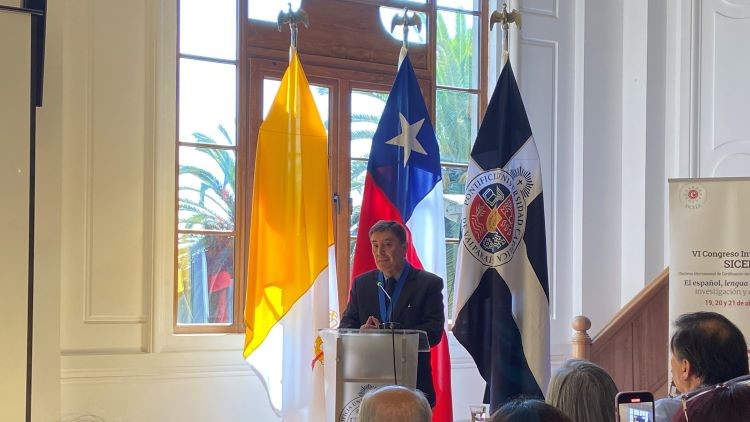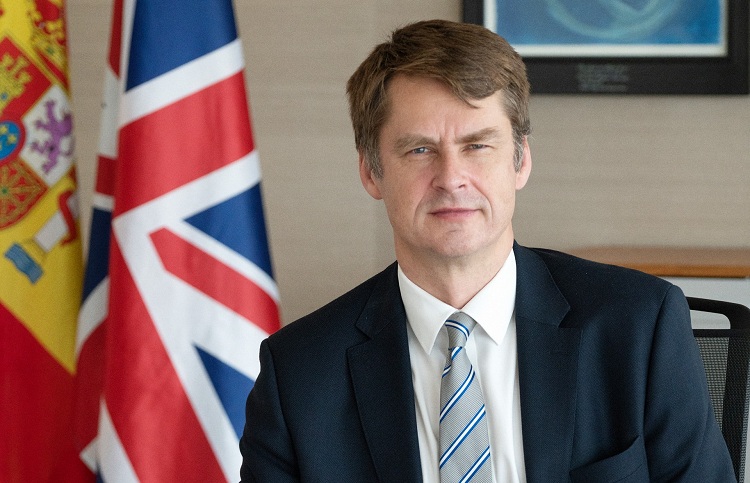The Diplomat
The director of the Instituto Cervantes Institute, Luis García Montero, met this week in Santiago de Chile with the Chilean Minister of Cultures, Arts and Heritage, Jaime Aguirre Hoffa, to discuss possible cultural cooperation agreements.
As part of his working visit to Chile, García Montero participated last Wednesday in the inauguration of the VI International Congress of the SICELE Association (International System of Certification of Spanish as a Foreign Language), held at the headquarters of the Pontificia Universidad Católica de Valparaíso (PUCV) and in the framework of which he was honored with a doctorate ‘honoris causa’ by the university.
“I am convinced that conflicts will only be truly resolved through education and culture, which is what makes us aware and free beings,” said García Montero during the keynote lecture he gave on the occasion of the honorary doctorate.
According to the director of Cervantes, the Chilean poet Pablo Neruda was an “example of solidarity” and “a reference of how to avoid dogmas and how to question totalitarian slogans”, as he demonstrated in 1939, when, in his capacity as consul, he managed the arrival in Valparaiso of thousands of Spaniards exiled after the Spanish Civil War. “In that sense, in an era that invites closed identities, supremacism, it is fundamental that the institutions dedicated to language defend Spanish as a language of integration and understanding,” García Montero added.
On Thursday, García Montero met in Santiago de Chile with the Chilean Minister of Culture, Arts and Heritage, Jaime Aguirre Hoffa, to discuss possible cultural cooperation agreements. He also met with the Secretary General of Foreign Policy, Alex Wetzig, where he offered the Cervantes’ collaboration in cultural matters in the commemoration of the 50th anniversary of the coup d’état that the Chilean Government is preparing under the theme Memory, Democracy and the Future. Both meetings were attended by the Spanish Ambassador to Chile, Rafael Garranzo.







